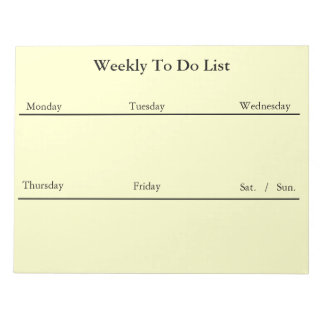Even when we have had the appropriate conversations with our loved one about his or her wishes under certain definable circumstances, life is rarely so neat that we are presented with clear choices. For this reason, caregivers often need to make tough decisions under sometimes murky conditions.
My personal feeling is that respect for the dignity and legacy of the person we provide care for can be a comforting guide as we travel this road.
Having a foundation of respect for the vulnerable person we are caring for will mean that even if we have to stop Dad from climbing on the roof to fix the shingles, or Mom from ordering yet again from the shopping channel, we can approach these uncomfortable duties in a kinder manner.
Yes, we may be frustrated – even angry – over having to deal with another mess created by our parent or spouse who is showing signs of dementia. Yes, we are human and won't always handle these situations well.
However, if we start with a foundation of respect, our own negative attitude is likely to be shorter lived. We'll be able to think more clearly and act with more kindness, even when we risk our loved one's anger as we strive to ensure their safety or best interests. This is one way to make caregiving easier.
Respect yourself as a person and a caregiver
To make the best decisions, it's vital to have self-respect.
When you're faced with a difficult decision that affects your loved one, you want to know that you're doing your best to provide care.
Don't even begin to think about being perfect. Are you doing the best you can under the circumstances? That's all you can require of yourself.
Don't second-guess past decisions. If you feel you've made mistakes, you learn from them and you move forward, continuing to respect your own worth.
If you've developed a healthy respect for your own worth you will likely suffer less from guilt.
When you are faced with having to place your father in a nursing home because there's no other way to care for him, you'll still feel pain. However, you'll know that you are doing the right thing for the right reasons. Even if you promised your parents that you'd never put them in a nursing home, you still don't need to feel guilty if you must do so. You have, by providing the best care you can under the circumstances in front of you, honored the spirit of your larger promise to do your best.
No one knows the future.
Caregivers are faced with the present, and often have to make decisions that seem counter to the beliefs and preferences of their loved one. Self-respect should help you cope with these new and changed realities as they confront you.
When elders have lost our respect
Of course, there are abusive parents who did little to deserve the respect of their children. Even then, in the long run, you, the caregiver, will likely feel much more comfortable making difficult decisions if you can find something in the person's past to respect.
Perhaps this person did the best he or she could after their own childhood of abuse. This concept doesn't mean that you forget the abuse you suffered, but it may help you move on with your own life.
There are families where emotional and/or physical abuse was so cruel that it's simply not possible for these adult children to provide hands-on care for their aging parents.
Respect your children's place in your life
I'm a charter member of what has been dubbed the "sandwich generation." While caring for multiple elders over the years, I was also raising two children.
My first agonizing dilemma came as my beloved aunt closed in on death the same evening my oldest son, then in sixth grade, performed in his first band concert. I'd spent significant time with my aunt and my parents stayed with her around the clock. Grateful that my aunt wasn't alone, I went to the concert.
My aunt died while my son played his solo. To this day I don't regret my choice.
I felt her spirit with us as she left her comatose body behind. I believe my aunt, the opera singer, would have applauded my choice to support the next generation.
This example was only the beginning of the many difficult choices I had to make between my elders and my children. I respected my elders' legacies, but I also respected my children's time-sensitive need to be supported. I'm not sure that I always made the right decision – likely sometimes I did not. However, I did the best I could at the time and I need to respect myself for that.
Death and dying
The most serious decisions, of course, are about life and death.
Should a certain procedure be done to keep someone we love alive when there's little hope that the person will regain consciousness? Should pneumonia that will likely take an elder's life be cured, only to leave him or her struggling with pain and/or dementia until the next bout of illness?
These are circumstances that, even if we have legal documents that give us instructions, most of us hope to never have to face. Yet many of us do.
Caregiving isn't for the faint of heart.
While admitting our human imperfections, we do the best that we can. Respect for our loved ones and respect for ourselves will provide us with a solid foundation for making tough decisions.
 Dementia Signage for the Home
Dementia Signage for the Home
______________________________
Dementia Signage for the Home
$22.75 - EZ-C Bright Green 3 Ring Binder






No comments:
Post a Comment